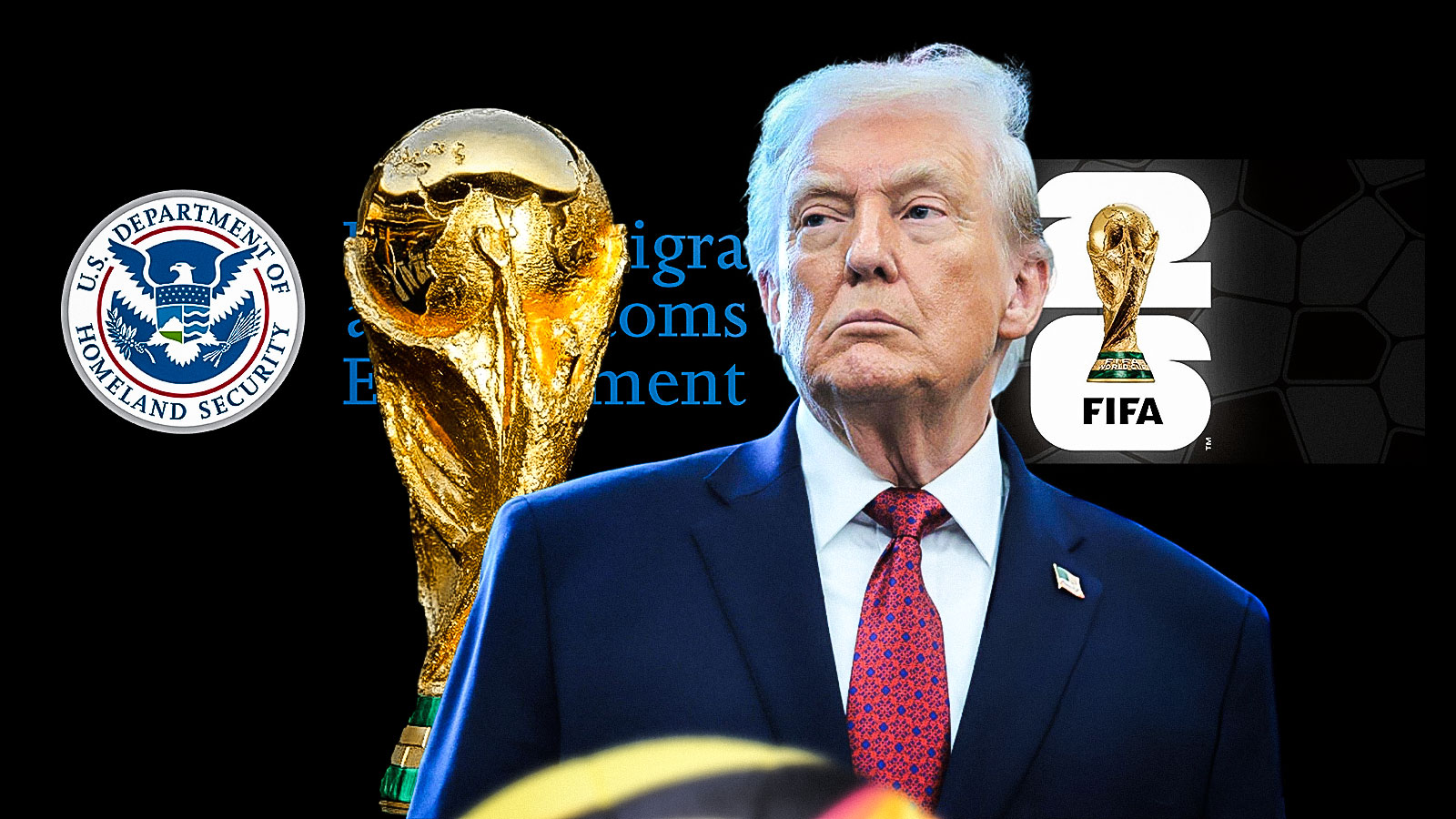Manchester United currently find themselves in sixth place in the Premier League table under the management of Erik ten Hag. With only seven games remaining in the season, they trail behind fifth-placed Aston Villa by 11 points. The traditional route to Champions League qualification, through a top-four finish, seems dauntingly out of reach for the Red Devils at this stage, reported by GOAL.
However, a recent rule change by UEFA has provided a glimmer of hope for Manchester United. The UEFA coefficient system ranks England as one of the top two countries alongside Italy, securing an additional Champions League spot for English clubs. This rule change presents an alternative path to Champions League qualification for teams outside the top four.
The fate of Manchester United's Champions League aspirations now rests partially in the hands of West Ham United. If West Ham can secure fifth place in the Premier League and win the Europa League, it would create an opportunity for Manchester United to qualify for the Champions League despite finishing sixth domestically.
West Ham's progression to the quarter-finals of the Europa League presents a potential pathway for Manchester United. If West Ham emerges victorious in the Europa League, UEFA rules dictate that an additional Champions League spot would be awarded to an English club based on domestic league performance rather than European success. This scenario opens the door for Manchester United to claim a Champions League berth despite their league position.
In theory, a seventh-place finish in the Premier League could result in Champions League qualification if both the winners of the Champions League and Europa League are English clubs outside the top four. However, with Manchester City and Arsenal currently leading the Premier League title race, this scenario appears unlikely for the current season.
What's Next for Manchester United

As the season enters its final stretch, the race for qualification promises to be captivating. With multiple variables at play and the potential for unexpected outcomes, the Premier League's competitiveness is far from over for the top spots. While the possibility of 11 English teams qualifying for European competitions is intriguing, it would require extraordinary performances across various competitions and significant fluctuations in the Premier League standings, making it a remote possibility.
Manchester United's quest for Champions League qualification remains alive, albeit through unconventional means. With the season's conclusion drawing near, the football world awaits to see how the intricate interplay of league positions and European success will shape the final standings and determine which clubs will compete on the continent's grandest stage next season.




















